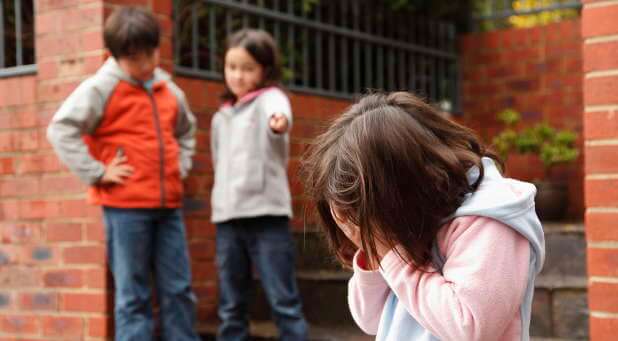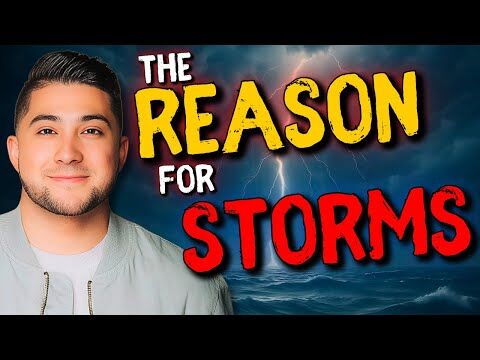Two things come to mind when people hear that I was bullied when I was younger.
The first thing people think is: You’re an NFL offensive lineman, how were you bullied? And second, Why didn’t you just beat the snot out of the kids who bullied you?
It’s shocking to most, but I didn’t always have the 6-feet-6, 320-pound frame that I now carry. I grew up an undersized, funny-looking kid with a vocabulary that exceeded my age and the age of my peers. With a ton of freckles and bright red, spiked hair, I was a perfect candidate for kids to pick on.
Dads, I want to challenge the common response and advice given to sons when they share their experiences of dealing with bullies at school, and share with you some helpful ways you can communicate and encourage your son.
1. Be a voice for your child. Often kids who experience bullying don’t have an advocate. I grew up with three sisters and not a ton of great friends. I spent a lot of time by myself. When I started to get picked on, I didn’t have an older brother to stand up for me or protect me. I wish I had that when I was younger, an advocate, a voice to stand up and stop the bullying I experienced. Don’t assume the bullying will stop after having a conversation with your son about “toughening up” or sending an email out to a teacher. Often it takes serious involvement with the school or program where your son is experiencing the bullying.
2. Keep a record of names and experiences. Often teachers or authorities don’t always catch or see everything that happens. They might be oblivious to certain issues and altercations. When it’s time to go to a teacher, principal, coach or authority about the problem, it will be helpful to have your son’s experiences written down in detail.
3. Fighting only creates more problems. Teaching your son to use his words to resolve conflict will prepare him for adulthood and the many complications that come with working in a business environment. If you encourage your son to fight or return abusive talk, it will likely translate to adulthood and hurt him in the long run. Encourage your son to use his words, rather than his size, strength, or ability to fight.
Growing up, my father knew I was going to be a man of great size, even while I was smaller than all the other kids. After a day at school where I was bullied or picked on, my dad would remind me of the importance of using my words. He knew that there would soon be a day that I was no longer the smaller kid, and when that day came, I needed the skill set of using my words, rather than my size because of the danger that comes with being bigger than everyone else. You have a tremendous opportunity to teach and cultivate your son during his difficulties. Encouraging him to fight back will only cheapen those opportunities and rob your son of some important life lessons.
4. Affirm your child’s identity. Bullying attempts to strip the individual of his identity and self-worth. If your son struggles with low self-esteem or low self-worth affirm his identity as your son. Remind him of his gifts, his talents, and the things he does that make you most proud. Assure him of the great things he will accomplish, and the great plans ahead of him.
5. Help your child realize that everyone hurts. We can’t expect kids to go through hardship, or suffering, or abuse, and expect them to come out the other side normal. It’s hard enough for us as adults to wade through and endure hardship. Whether there is abuse at home, an absent father, drug issues, depression, anxiety, gang-related issues, their brains don’t have the ability to digest and wade through these things. When kids come from environments that don’t have control, they’re going to want to respond in ways that give them control.
Inherently, in human nature, we try to exert our control over weaker beings. So, when we see kids who are oppressing other kids, there are always internal reasons for why these kids are doing that.
Everyone hurts; everyone has struggles. When we encourage our son to develop empathy for those around him, it will greatly help him respond well.
If you were bullied as a kid, how did you deal with it?
Garrett Gilkey is an NFL offensive lineman, currently for the Tampa Bay Buccaneers. He is involved in serving the homeless in his local community. In addition, Gilkey is passionate about raising awareness about bullying.
For the original article, visit allprodad.com.












































